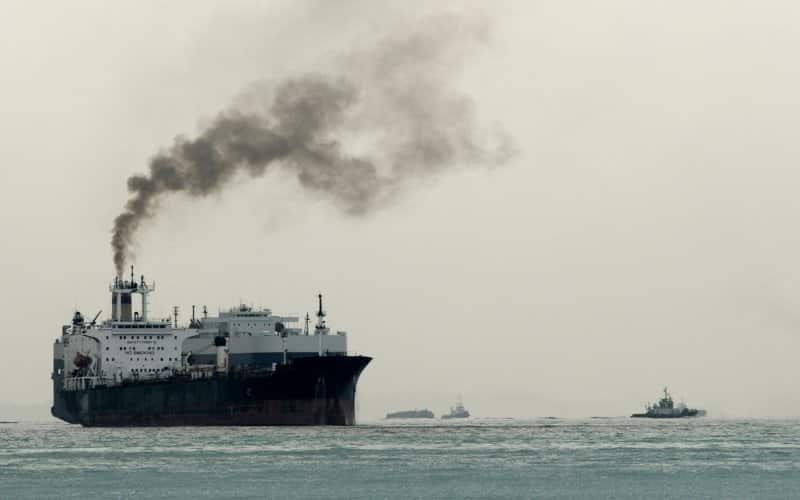In March 2024, the IMO adopted new guidelines under Regulation 13.2.2 of MARPOL Annex VI. These guidelines outline conditions under which non-identical replacement engines are not required to meet Tier III NOₓ emission limits.
Shipowners must demonstrate that installing a Tier III compliant engine is not feasible due to technical constraints, such as:
- Structural limitations of the vessel
- Incompatibility with existing engine arrangements
- Excessive increase in ship's electrical demand
Comprehensive documentation must be submitted to the Administration, detailing the efforts made to source a compliant engine and the reasons why compliance is not possible.
Expansion of Emission Control Areas (ECAs)
The IMO has designated new ECAs in the Norwegian Sea and the Canadian Arctic, with specific implementation timelines:
Canadian Arctic ECA:
- Tier III NOₓ requirements apply to ships constructed (keel-laid) on or after January 1, 2025.
- Requirements enter into force on March 1, 2026.
Norwegian Sea ECA:
- Tier III NOₓ requirements apply to ships contracted on or after March 1, 2026; or, in the absence of a contract, keel-laid on or after September 1, 2026; or delivered on or after March 1, 2030.
These expansions are part of a broader effort to mitigate air pollution in sensitive Arctic and sub-Arctic regions.
Clarifications on Dual Fuel and Gas-Fueled Engines
The IMO has also issued guidance on applying Tier III requirements to dual fuel and gas-fueled engines. This ensures consistency in the certification process and helps shipowners better understand how NOₓ limits apply across different engine and fuel types.
Implications for the Maritime Industry
These regulatory changes highlight the IMO's continued push for environmental sustainability. Shipowners and operators should:
- Review their fleet for upcoming compliance deadlines
- Assess technical feasibility for engine replacements
- Prepare documentation to support any exemption claims
- Stay current with requirements for dual fuel and gas-fueled engines
Proactive planning is essential as the industry adapts to these evolving standards.
